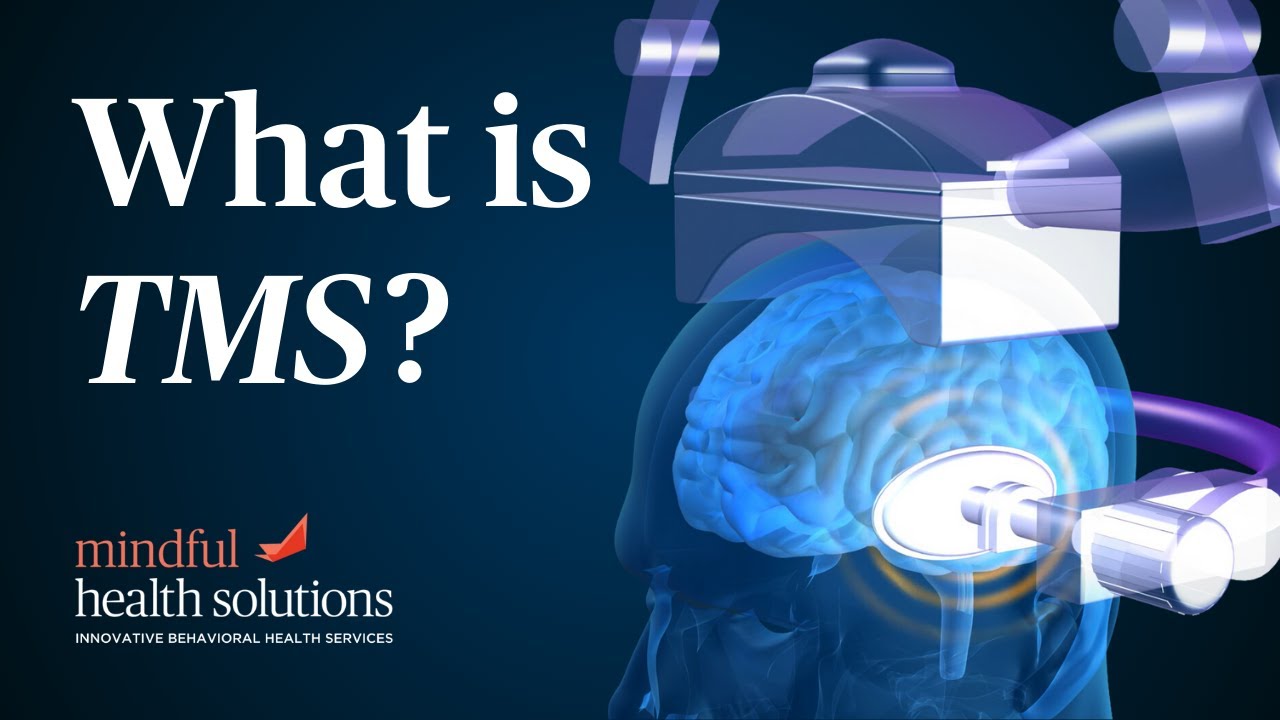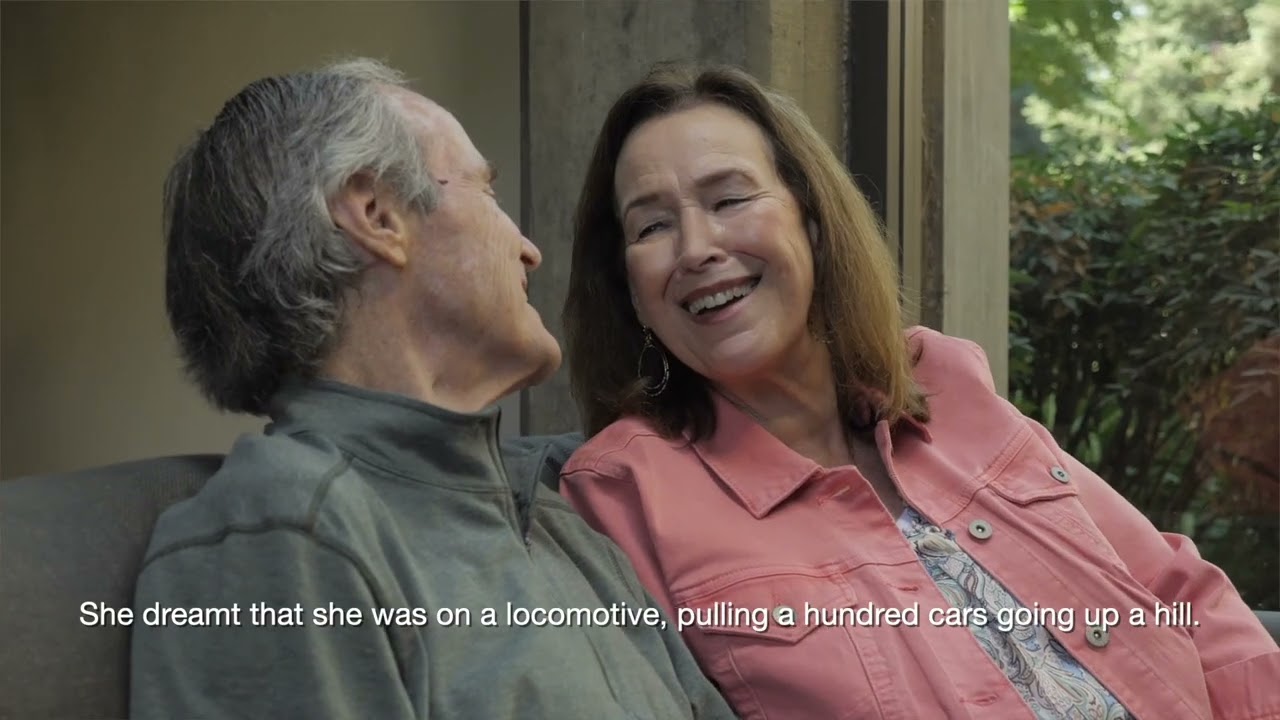Depression impacts millions of people worldwide, so it’s logical to question: why would there be only one way to treat it? Given the complexity and variability of depression, it’s not surprising that what works for one person may not work for another. This brings us into the realm of treatment-resistant depression (TRD). TRD is a particularly challenging form of depression that does not respond to standard treatment approaches. Recognizing and understanding treatment-resistant depression is crucial for those affected. It opens the door to exploring more personalized and effective management strategies that aim to improve the quality of life for those grappling with this condition.
What is Treatment-Resistant Depression?
Treatment-resistant depression (TRD) is defined as a form of depression that does not respond to typical treatment options. For a condition to be labeled as TRD, an individual must have:
- Tried at least two different antidepressant treatments without significant improvement and/or
- Experienced side effects that outweighed the benefits of antidepressants
The diagnosis of TRD is not straightforward and involves a thorough evaluation to rule out other factors. These include incorrect diagnosis, inadequate dosage, or insufficient treatment duration. Understanding these nuances is critical in identifying and managing TRD effectively. Contributing factors to TRD can vary widely among individual. Factors can include genetic predispositions, environmental stressors, and the presence of other medical conditions or mental health disorders.
Recognizing TRD is a pivotal step towards seeking more tailored and effective treatment options. By acknowledging the unique challenges TRD presents, patients and healthcare providers can work together toward finding a more suitable approach to managing depression.
The Challenges of Living with Treatment-Resistant Depression
Living with treatment-resistant depression poses significant emotional and physical challenges. Individuals often experience feelings of hopelessness and frustration, compounded by the fact that standard treatments have not provided them with relief. This can affect all areas of life, from personal relationships to professional responsibilities, leading to a decreased overall quality of life.
The impact of TRD extends beyond the individual to their support network, underscoring the importance of understanding and empathy from family, friends, and healthcare providers. Building a supportive environment is essential for managing TRD, as it offers a foundation of encouragement and hope during the search for effective treatments.
Treatment Options for Treatment-Resistant Depression
Exploring effective treatments for treatment-resistant depression (TRD) requires a blend of science, patience, and personalization. One of the pivotal studies in this realm, the STAR-D trial, has shed light on the complex nature of medication management for TRD. It found that the chances of finding success with medication continue to decrease with the more medications you try. According to the study, if a person didn’t find success with the first two antidepressants they tried, a third antidepressant attempt has a success rate of about 16%. If they were to try a fourth attempt, the success rate would drop to about 7%.
This fundamental study underscores the critical importance of flexibility in treatment plans, encouraging both patients and healthcare providers to consider various strategies. For example, trying an alternative treatment option or combining therapies could be the most effective approach. This foundation sets the stage for discussing additional innovative and promising treatment options that have emerged for individuals navigating the challenges of TRD.
Transcranial Magnetic Stimulation (TMS)
Transcranial Magnetic Stimulation (TMS) is a non-invasive treatment that uses magnetic fields to stimulate nerve cells in the brain, specifically targeting areas involved in mood regulation. TMS has emerged as an effective option for individuals with TRD. It is non-invasive and has very short-term and minimal side effects, especially when compared to most medications. Sessions typically last 15 to 20 minutes and are conducted several times a week for a period of four to six weeks. The processes could be sped up with Accelerated TMS, which is the same process but treatment is condensed to two weeks or less with multiple treatments provided per day.
SPRAVATO (Esketamine Nasal Spray)
SPRAVATO, a brand name for esketamine nasal spray, has been approved for use in TRD. It can be used alongside a standard antidepressant or on its own. Esketamine is a derivative of ketamine and works by targeting different brain pathways than traditional antidepressants. This treatment is administered under medical supervision in a healthcare setting, offering new hope for individuals not responding to other treatments.
Ketamine Infusion Therapy
Ketamine infusion therapy involves the administration of ketamine, a medication with rapid-acting antidepressant effects through an intravenous infusion. It works on NMDA receptors in the brain, offering a potential treatment pathway for those with TRD. While ketamine infusion therapy has shown promise in rapidly reducing symptoms of depression, it is typically considered when other treatment options have failed.
Lifestyle Changes and Coping Strategies
Incorporating lifestyle changes and adopting coping strategies can play a significant role in managing treatment-resistant depression. Emphasizing a balanced diet, regular exercise, and adequate sleep can significantly impact overall well-being and complement other treatment approaches.
Navigating the Healthcare System
Navigating the healthcare system for TRD treatment requires persistence and open communication with healthcare providers. It’s important to advocate for yourself and consider seeking second opinions if necessary. Understanding insurance coverage and looking for affordable care options are also important steps in managing the financial aspects of TRD treatment.
Looking Ahead: The Future of TRD Treatment
Research into treatment-resistant depression is ongoing, with new therapies and approaches being explored. This ongoing research brings hope to those living with TRD, promising more effective treatments in the future.
Treatment-resistant depression presents unique challenges, but understanding and managing this condition is possible with the right combination of treatments, support, and lifestyle changes. If you or someone you know is struggling with TRD, remember that help is available. At Mindful Health Solutions, we specialize in treating TRD. Contact us today at (844) 867-8444 today to schedule a consultation. You deserve to feel better, and we’re here to support you for every step along your mental health journey.



